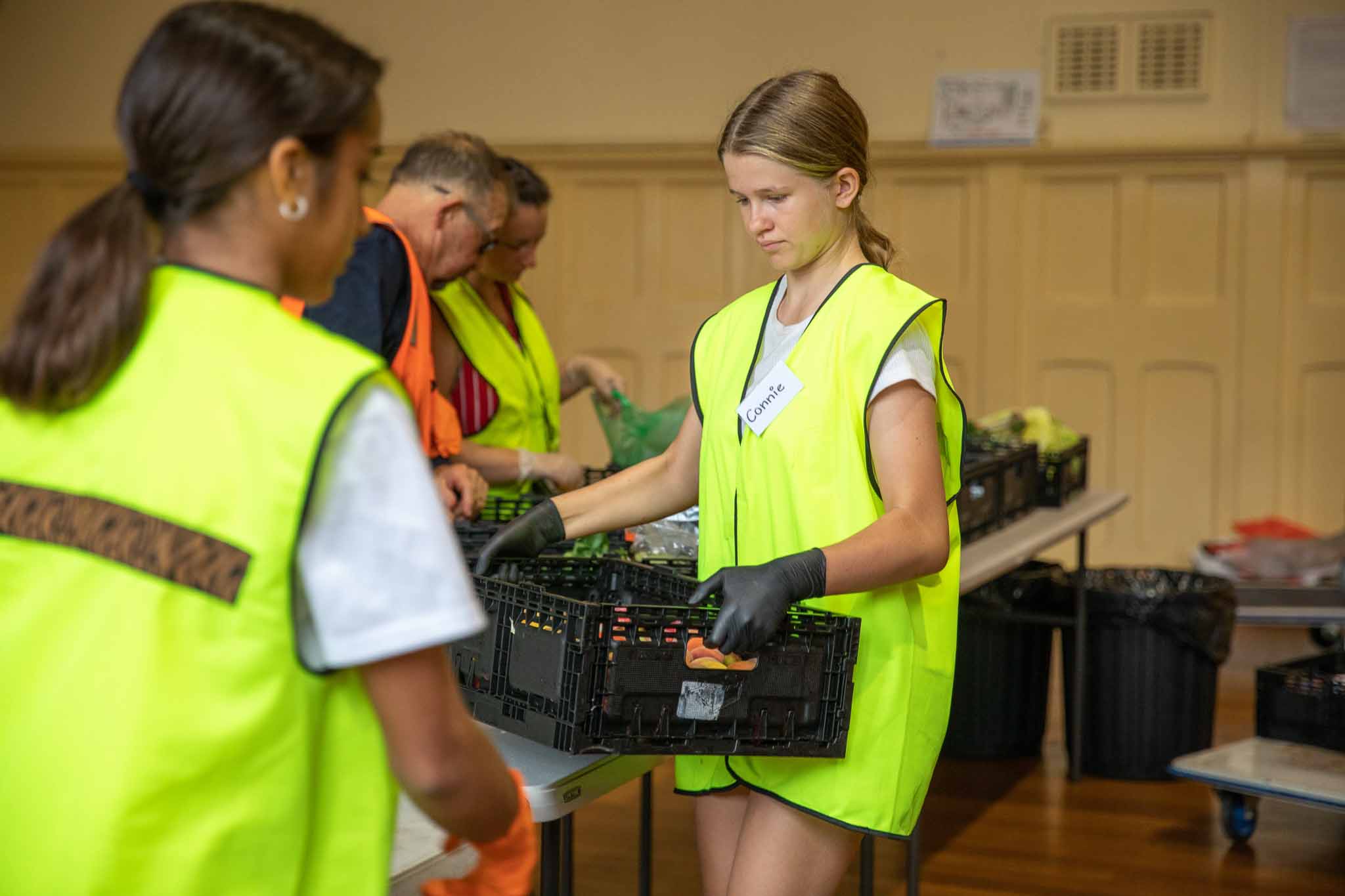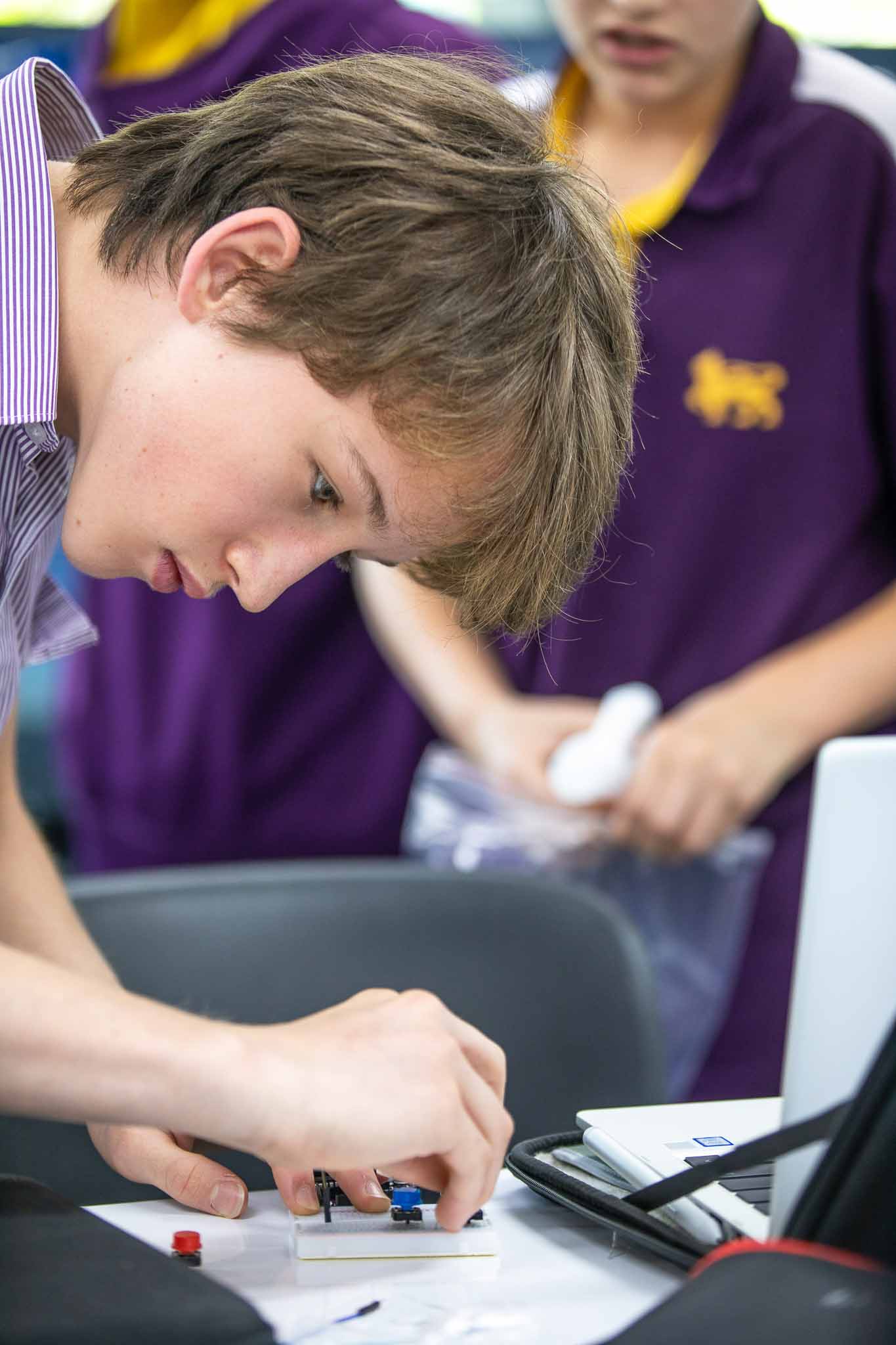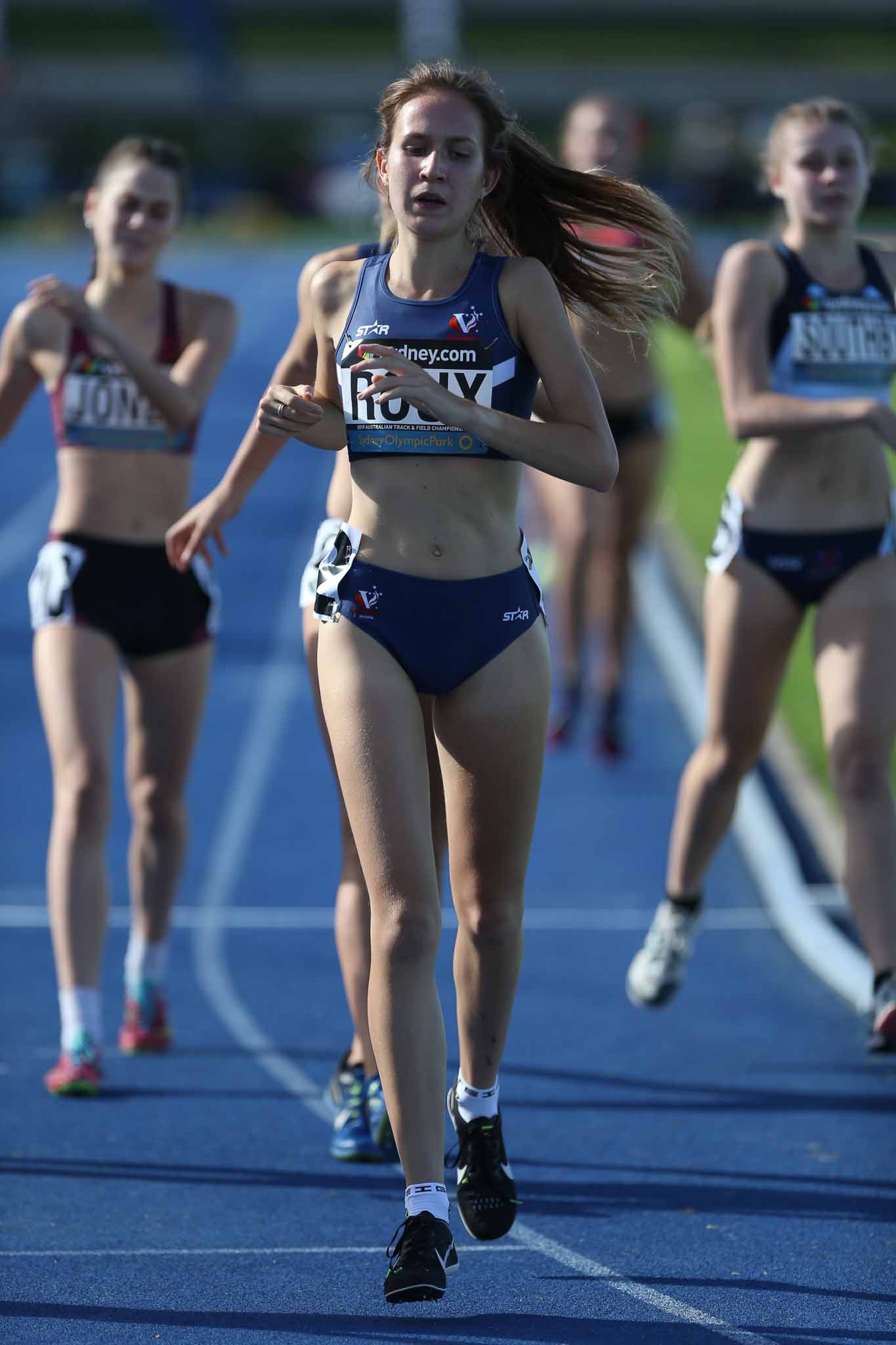<< Back to Lion homepage
Do we need new metrics of ‘success'?
Amidst growing disquiet about the way schools and universities measure the educational achievements of graduates, Wesley has joined a research partnership examining what we really value in schools, and reimagining the measurements of success. Kim Bence explains.

In 1970, futurist Alvin Toffler predicted that ‘the illiterate of the 21st century will not be those who cannot read or write, but those who cannot learn, unlearn and relearn’. He predicted what the world is now demanding of our young people as they begin to navigate the future of work: 21st century skills and capabilities which will ultimately determine one’s ability to thrive in a complex world.
Yet when it comes to gauging the educational experience of our senior learners, our current education system currently precludes avenues for meaningfully integrating such skills and capabilities. No other educational jurisdiction across the globe seeks to competitively rank Year 12 students according to a single numerical scale drawn from a complex mix of subjects based on statistical weighting and moderation – the ATAR ranking system.
It creates misalignment between what we measure as ‘educational success’ and the learning goals and aspirations to which our global educational bodies and policy makers would suggest we aspire.

The hidden gems of a True Education
At Wesley, we value and provide a holistic education through unique opportunities and settings which routinely expose, connect and challenge our students to relate learning to real life. We aspire to develop lifelong learners of good character. As a ranking, the ATAR says nothing about the ‘other’ learning capabilities: the prior achievement, service, character, strengths, passions, potential and endeavour of our young people.
In her Scholar’s speech to the community earlier this year, Mia Roux, one of Wesley’s Class of 2020 duces, shared a message which speaks to the very heart of what we mean when we refer to Wesley’s True Education and our timeless principles of learning to know, learning to do, learning to live with and learning to be:
‘My results made me super happy; a perfect score of 99.95 provided me 15 minutes of joy, but excelling academically is not the sole determinant of success. This school has so much to offer. Incredible people, interesting teachers, insane arts and sports programs, unforgettable camps, school trips, clubs, House activities, dress-up days and games. It is these opportunities and experiences that are so much more valuable and memorable than a mere 15 minutes of happiness.’
The unique offerings Mia speaks of are the hidden gems of a True Education. Gems that transpire to skills and capabilities required for success in a 21st century world. Her message inadvertently highlights that the senior years of secondary schooling in this country are geared to competitive ranking, reflecting the prevailing notion of success. Yet her message emphasises the need for further exploration of a more equitable system that recognises broader and deeper metrics of success for our young people.

Reimagining the metrics of success
As a leader in the innovative transformation of education, Wesley College is known for daring to be wise. In partnership with the University of Melbourne and 37 other diverse schools across Australia, Wesley College has entered a two-year research-practice partnership, New Metrics for Success: Transforming What We Value in Schools, to reimagine the measures of success and how schooling can create future-ready students. This partnership will afford us the opportunity to collaborate with other schools and academics to meaningfully transform what we value in schools nationwide. It is an incredible opportunity to announce that change is critical and to escalate this important dialogue, in hopes of influencing education governing bodies and policy makers.
Significantly, a growing number of tertiary institutions have already recognised the inequity that exists with the ATAR ranking system and now consider alternative measures such as academic transcripts, micro-credentials and entrance interviews, to name a few. We need metrics that produce a trusted and equitable currency for recognising the full range of learning experiences, growth and achievements of our young people. How we redefine and measure success provides us with a powerful opportunity for significant impact, not only from a national workforce and productivity perspective, but more importantly, for the health and wellbeing of our young people. Rethinking our antiquated ranking system and exploring possibilities for a new and innovative metric for success will go a long way to future-proofing this next generation.
Kim Bence is the Head of Wesley’s St Kilda Road Campus.